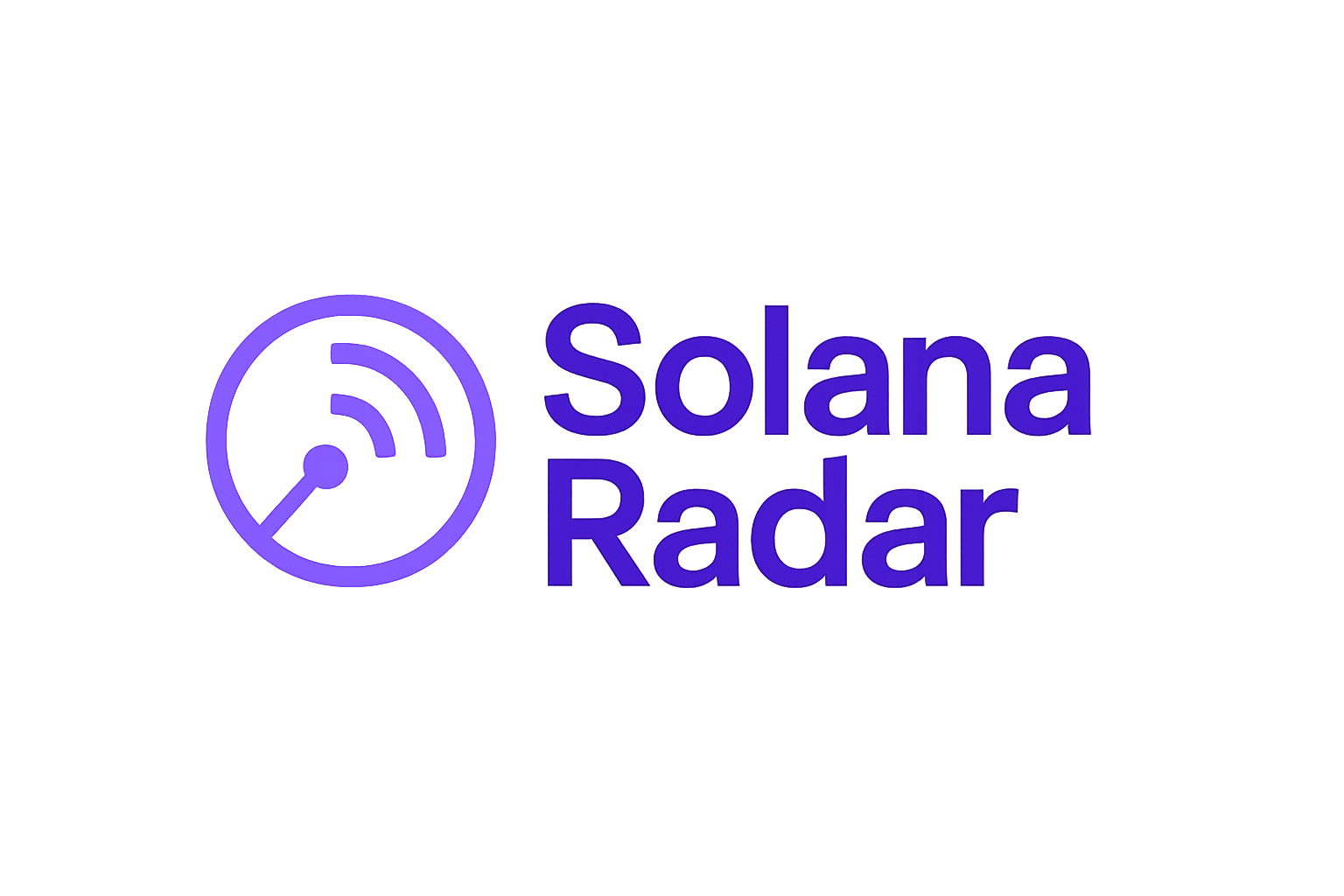How Remora is Bringing Tokenized Stocks to Solana: Visual Guide & First Impressions

Tokenized stocks on Solana are no longer a hypothetical. With Remora Markets’ launch, the sector is seeing its most tangible leap yet: 24/7 access to U. S. equities like Tesla, Nvidia, and Microsoft, all tradable on-chain using USDC. This move is more than a technical milestone for Solana’s DeFi, it’s a strategic escalation in the battle for real-world asset (RWA) dominance, as Solana’s RWA market has surged 187% to $499M in 2025, outpacing broader tokenization trends and capturing 95% of all tokenized stock trading volume.
Remora Solana Tokenized Stocks: How It Works
Remora enables users to mint tokenized shares by depositing USDC at real-time market prices. These tokens are fully backed by underlying equities and can be withdrawn into non-custodial Solana wallets for use across DeFi protocols. The process is seamless and transparent, Remora publishes monthly proof-of-reserve audits so investors can verify the 1: 1 backing of each stock token.

Unlike legacy brokerages with limited trading hours, Remora’s platform operates around the clock. That means you can buy or sell exposure to Tesla or Apple on a Sunday night as easily as you would swap SOL or USDC. Integration with Solana’s DeFi stack also unlocks yield generation, borrowing/lending, and liquidity provision, features that traditional equity markets simply don’t offer.
Onchain Equities on Solana: Breaking Down the Opportunity
The narrative around onchain equities on Solana has accelerated rapidly in 2025. Until recently, competition was thin, xStocks had a near-monopoly, but Remora’s entry is igniting new momentum and user growth. The number of tokenized equity holders has jumped by an eye-popping 1,356% this year alone.
This rapid growth is not just about speculation; it reflects institutional adoption and a clear appetite for programmable finance tools that bridge TradFi assets with blockchain-native liquidity. For investors accustomed to slow settlement times and opaque custodianship, Remora offers instant settlement and transparent proof-of-reserves, a paradigm shift in both user experience and risk management.
First Impressions: Using Remora Markets
Key Features of Remora Markets for New Users
-

24/7 Trading of Major U.S. Stocks: Buy and sell tokenized shares of leading companies like Tesla, Nvidia, and Microsoft on Solana at any time, beyond traditional market hours.
-
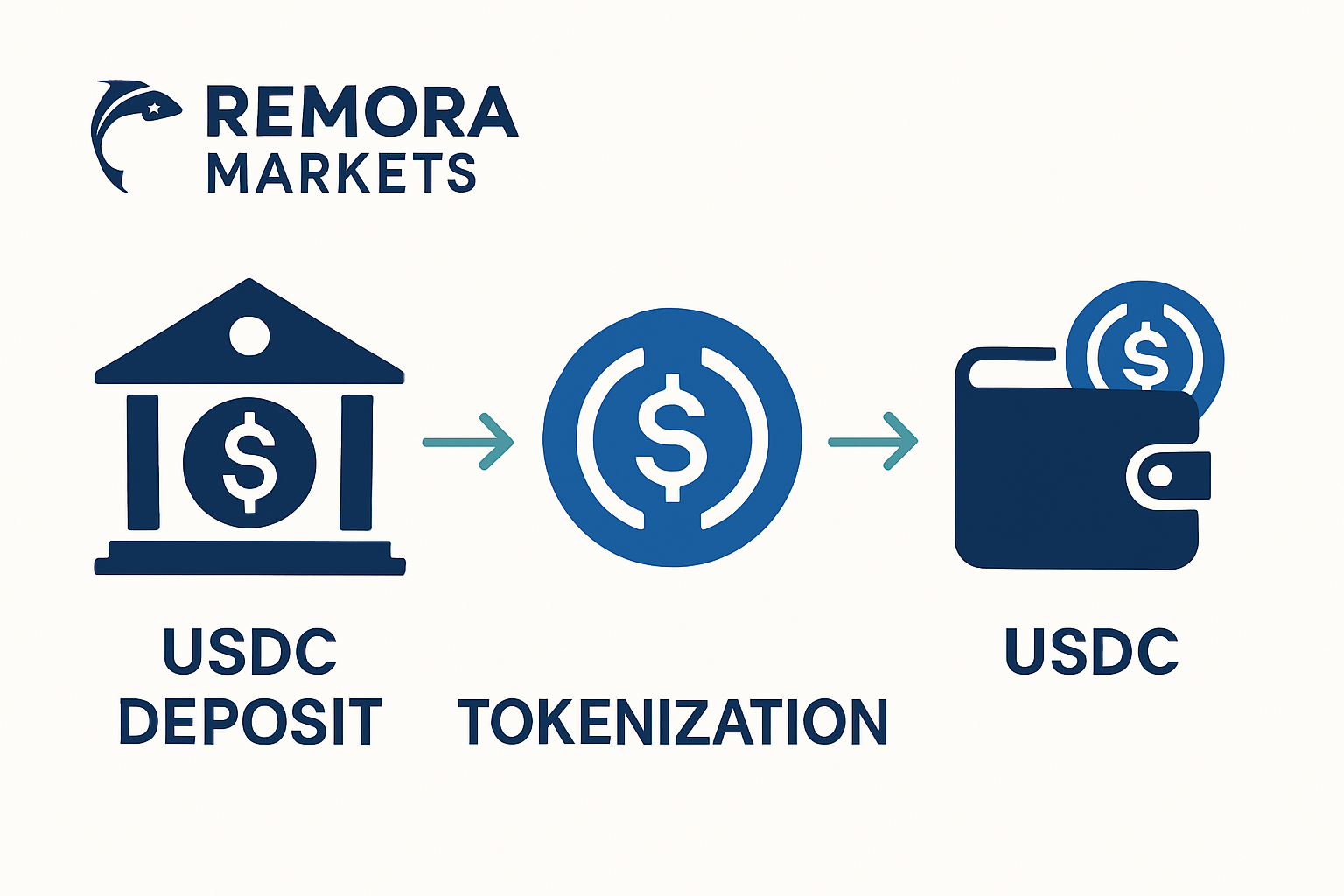
USDC Deposits for Instant Tokenization: Seamlessly deposit USDC to mint tokenized equities at real-time market prices, making onboarding and transactions fast and familiar for crypto users.
-
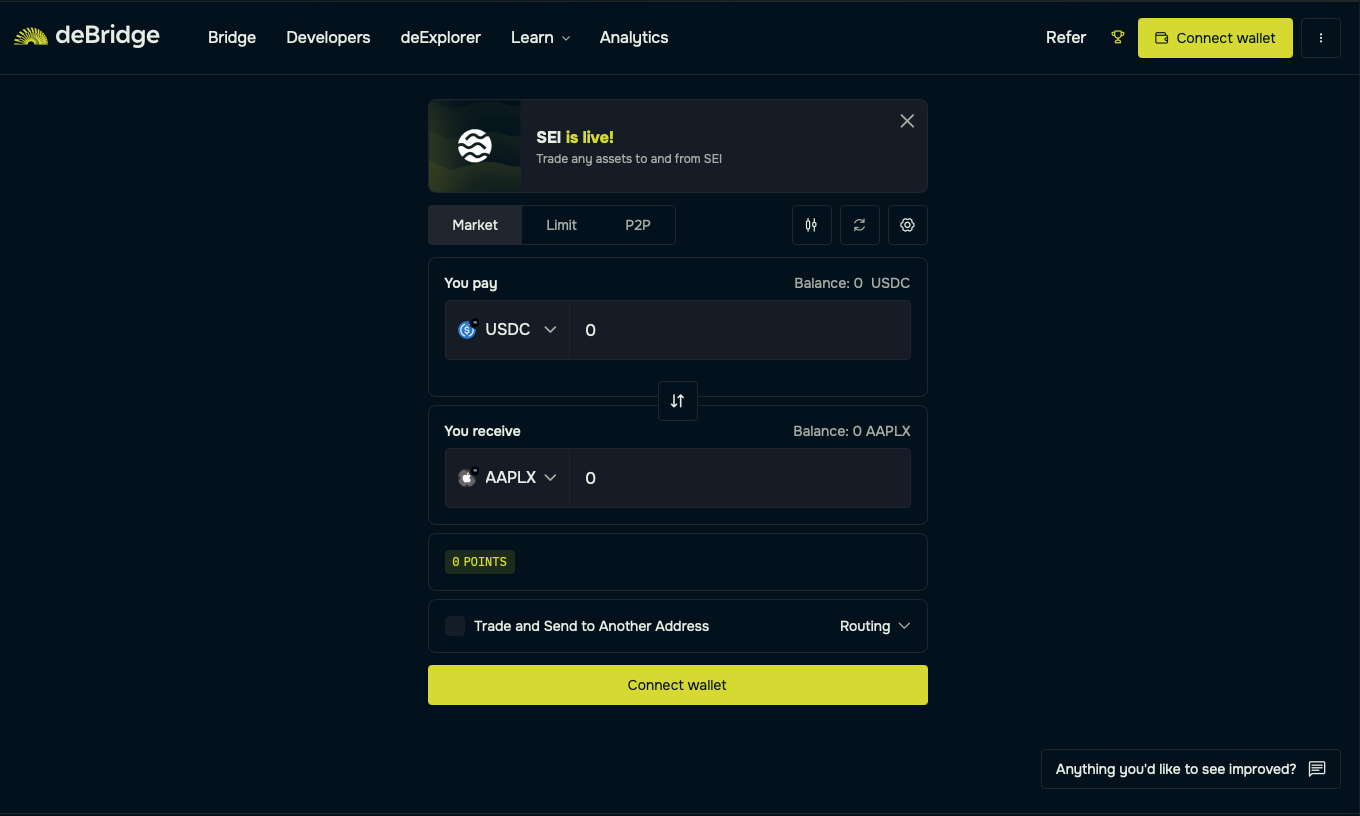
Non-Custodial Wallet Integration: Withdraw tokenized stocks directly to your own Solana wallet, maintaining full control and self-custody of your assets.
-
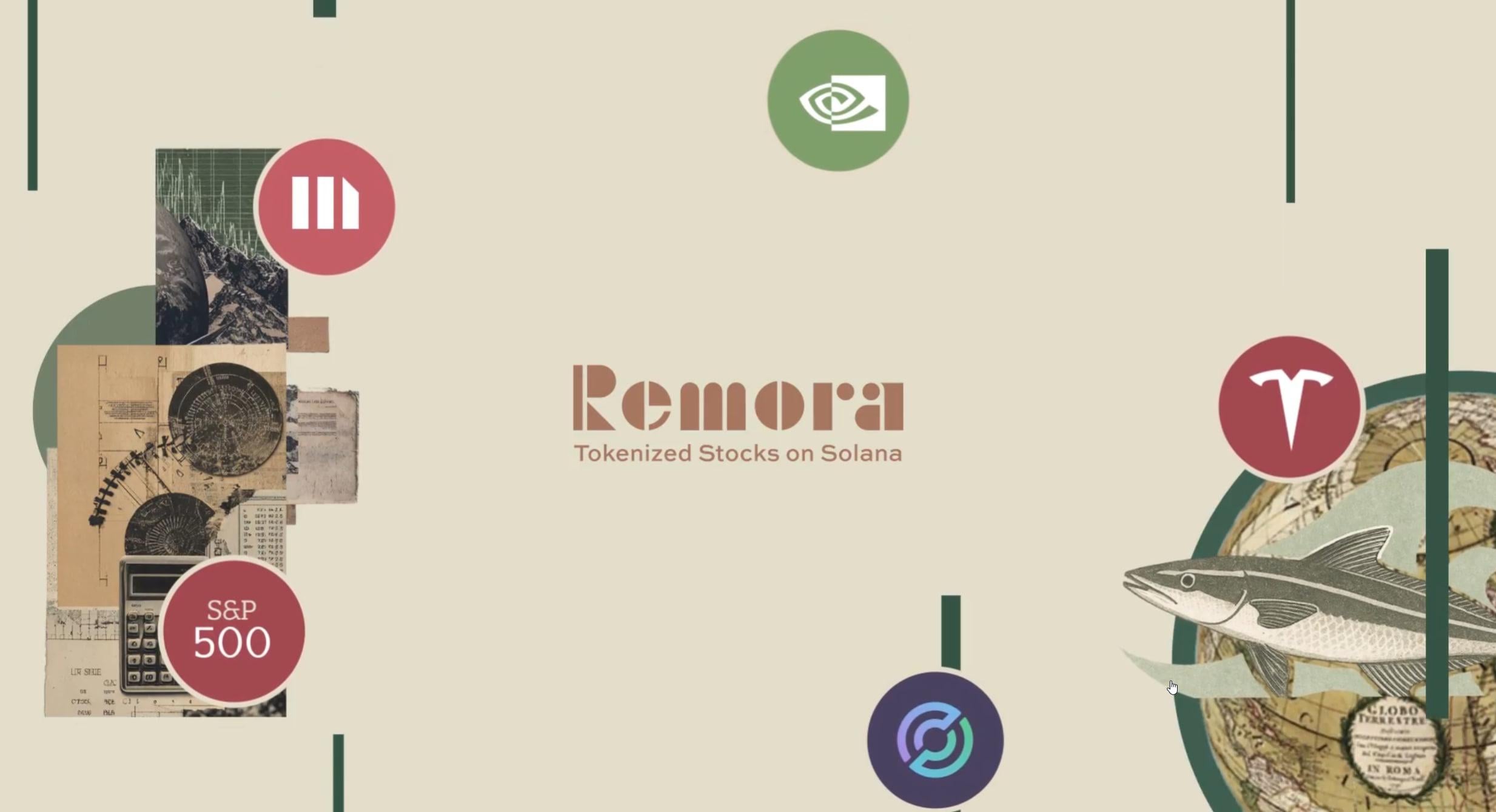
DeFi Ecosystem Access: Utilize tokenized equities across Solana’s DeFi protocols for yield generation, borrowing, lending, and liquidity provision.
-
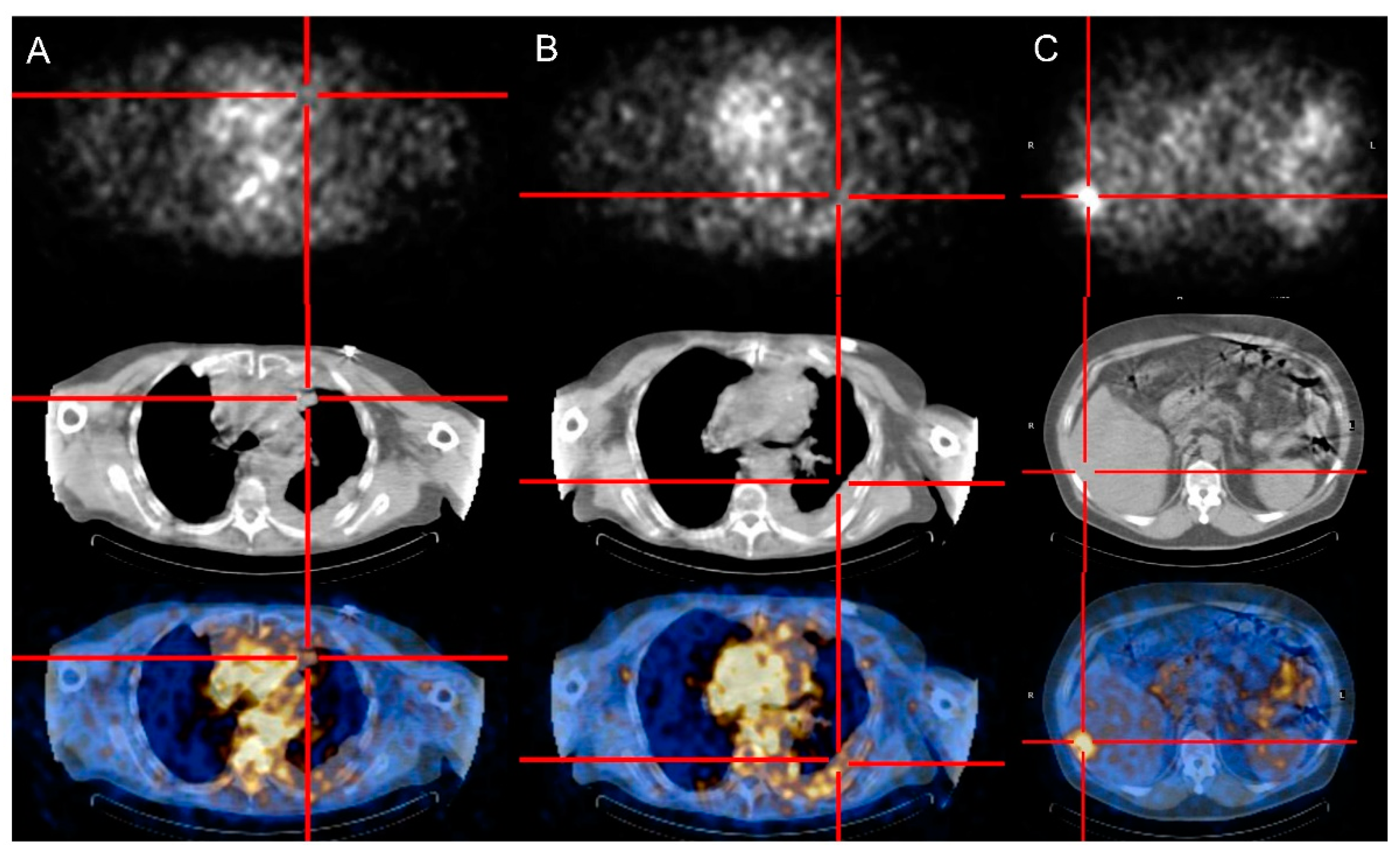
Monthly Proof-of-Reserve Audits: Remora publishes transparency reports each month, verifying that all tokenized shares are 1:1 backed by real assets.
Navigating Remora’s interface feels familiar to anyone who has used modern DeFi apps, clean dashboards, clear asset breakdowns, and intuitive mint/redeem flows dominate the experience. The onboarding process is straightforward: connect your Solana wallet, deposit USDC, choose your equity (Tesla? Nvidia? Microsoft?), then mint tokens at current market prices without friction or hidden fees.
The integration with other DeFi protocols stands out immediately; users can provide liquidity or stake their equity tokens directly from their wallet dashboard. This composability unlocks new strategies, from hedging tech sector exposure to earning yield on blue-chip stocks, all while maintaining full custody over your assets.
Remora’s platform design is a direct response to the growing demand for Solana DeFi tokenized assets that are both accessible and institution-grade. The platform’s monthly proof-of-reserve audits give users tangible assurance that every tokenized share is 1: 1 backed, addressing a longstanding pain point in the RWA sector: trust. For those wary of centralized custodians or opaque synthetic products, Remora’s onchain transparency is a significant leap forward.
What truly sets Remora apart is its focus on interoperability. Tokenized stocks are not siloed within a walled garden, users can move their assets freely across Solana wallets and protocols, integrating with lending markets or liquidity pools as easily as they would with native crypto tokens. This flexibility transforms equities from static holdings into dynamic building blocks for automated strategies and portfolio optimization.
Market Impact: Solana Captures 95% of Tokenized Stock Trading
The numbers speak volumes: Solana now commands 95% of all tokenized stock trading volume, with its RWA market surging to $499M, a 187% increase year-to-date. This dominance isn’t just a function of speed or low fees; it’s about composability, user experience, and the ability to plug real-world assets directly into DeFi rails. As institutional players search for compliant, transparent ways to access U. S. equities around the clock, Remora positions Solana as the default destination for onchain equity innovation.
The broader implications are hard to overstate. With programmable equities now live and liquid on Solana, we’re witnessing the early stages of a new capital market structure, one where stocks can be traded globally without intermediaries or legacy settlement bottlenecks. The composability factor means these assets can be used as collateral, paired in AMMs, or integrated into DAOs and structured products in ways that were previously impossible.
Risks and Open Questions
No innovation comes without caveats. Regulatory clarity around tokenized equities remains in flux; while Remora emphasizes full backing and transparent audits, jurisdictional risk is still present for some users. Liquidity depth, though improving rapidly, can vary by asset outside peak U. S. trading hours. And as always in DeFi, smart contract risk should be weighed carefully before deploying significant capital.
Still, for those willing to navigate these early-stage risks, the upside is substantial: direct access to U. S. equities with global liquidity and programmable utility, all secured by transparent reserves on one of crypto’s fastest-growing blockchains.
Strategic Outlook: What Comes Next?
The pace of adoption suggests we’re only at the beginning of this trend. As more blue-chip stocks come online, and as institutional liquidity migrates from legacy rails, the advantages of Remora Solana tokenized stocks will become even more pronounced. Expect deeper integrations with lending protocols and structured products over the next year, along with expanded support for international equities if regulatory conditions allow.
The bottom line: Remora Markets has set a new benchmark for what’s possible at the intersection of TradFi and DeFi on Solana. Its launch marks a pivotal moment not just for tokenized stocks but for anyone betting on blockchain-based capital markets outgrowing their legacy roots.
If you’re looking to go deeper into how Remora is changing the game, and see visual guides from real users, explore further insights at SolanaEcho.
